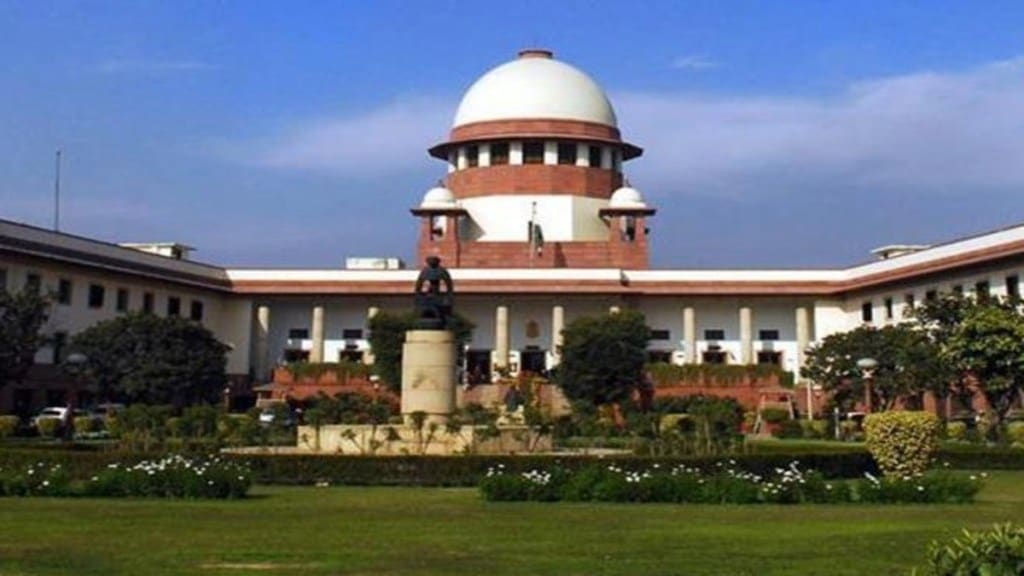Supreme Court may issue a three-point interim order in the Waqf case today, after deferring to pronounce it yesterday to allow the Centre to respond to three key questions raised by the bench. The hearing into the case will resume at 2 PM before a three-judge bench comprising Chief Justice of India (CJI) Sanjeev Khanna, and Justices Sanjay Kumar and KV Viswanathan.
Initially, the bench considered transferring the matter to a high court but ultimately decided to hear the arguments itself. The court also clarified that it would not entertain any arguments regarding a stay on the newly enacted law.
“Either we decide or we relegate you to one High Court, or we call pending petitions from High Courts and decide it,” CJI said during the Wednesday hearing.
Senior advocates Kapil Sibal, Abhishek Manu Singhvi, Rajeev Dhawan, and CU Singh are representing the petitioners in the Waqf (Amendment) Act hearing. Representing the Centre, Solicitor General Tushar Mehta argued that the law is constitutionally valid as it was enacted after being passed by both Houses of Parliament and receiving Presidential assent, upholding its constitutional validity.
The 3-point interim order includes:
1- Properties which are already declared by the courts as waqfs either by waqf-by-user or deed should not be de-notified during the hearing into the case. Waqf-by-user is a practice where a property is recognised as waqf based on its long-term uninterrupted use for such purposes, even if there is no written declaration by the owner of the land.
The court noted that while there is misuse in Waqf-by-user cases, those genuine needs to be protected.
“How will you register such waqfs by the user? What documents will they have? It will lead to undoing something. Yes, there is some misuse. But there are genuine ones also. I have also gone through Privy Council judgments. Waqf by the user is recognised. If you undo it, then it will be a problem. Legislation cannot declare a judgment, order or decree void. You can only take the basis,” the bench observed.
2- The amended provision preventing a property from being recognised as Waqf during a district collector’s inquiry into its status as government land should not be enforced while the case is pending.
The apex court noted that historical trusts declared as Waqf properties cannot be altered: “You cannot rewrite the past.”
3- All members of the waqf boards and the central waqf council must be Muslims, except the ex-officio members.
When Solicitor General Tushar Mehta argued that many Muslims don’t want to be governed by the Waqf Act, the bench asked, “Are you saying that from now on you will allow Muslims to be part of the Hindu endowment boards? Say it openly.”
A total of ten petitions have been filed in the Supreme Court, including by AIMIM chief Asaduddin Owaisi, AAP’s Amanatullah Khan, and RJD MP Manoj Kumar Jha. Other petitioners include the Association for Protection of Civil Rights, Arshad Madani, Samastha Kerala Jamiathul Ulema, and various individuals. Additional petitions by TMC’s Mahua Moitra and SP’s Zia-ur-Rahman Barq are expected to be added soon.
The petitioners argue that the amendment infringes upon religious and property rights guaranteed under the Constitution, particularly those of the Muslim community. They have urged the court to examine the law’s impact on the management and autonomy of Waqf properties.

